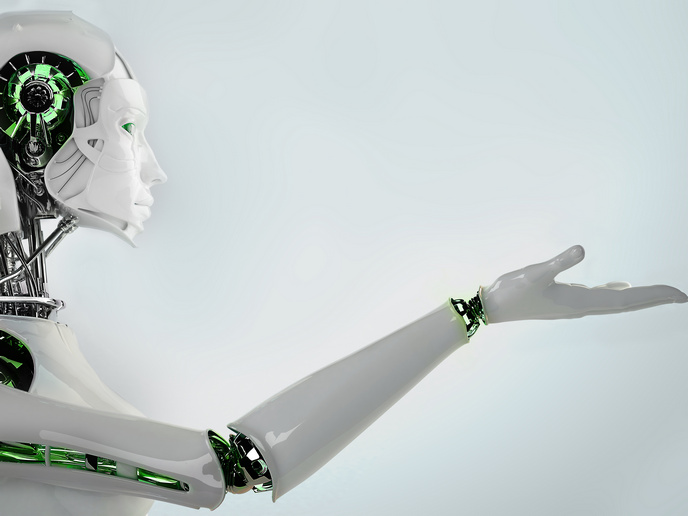Ethical innovation could turn scepticism into acceptance in robotics
Robotics serves as the physical extension of artificial intelligence, giving it the ability to affect its immediate environment. From automating repetitive tasks to enhancing complex operations, robotics holds immense potential to drive innovation across various sectors. The EU-funded Robotics4EU project was designed to address this exact blend of excitement and challenge. “Robotics4EU is the first project looking strictly at identifying and overcoming the non-technological barriers to boost the widespread use of robotics in sectors such as agrifood, healthcare, inspection and maintenance, and agile production,” notes project coordinator Lucas de Bont. These barriers were classified into data, legal, socioeconomic, human experience and environmental aspects. “By studying citizens and end users, we sought to ensure that their concerns are prioritised in AI-enabled robotics development, aligning them with the needs and demands of developers,” adds de Bont.
Dedicated tool to make Europe’s robotics community responsible
An important outcome of Robotics4EU has been the Responsible Robotics Compass or RoboCompass. “Responsible robotics, particularly for artificial-intelligence-enabled systems, is an emerging field lacking easily accessible best practices and standards. To address this, the RoboCompass tool helps robotics developers understand their current situation, receive custom roadmaps and access resources to enhance responsible implementation,” outlines de Bont. “RoboCompass is also valuable for researchers aiming to have their findings utilised by the industry, and policymakers seeking to understand implementation challenges.” RoboCompass tracks risks and mitigation steps using checkboxes, making progress visible. The ease of adding new checklists keeps the tool dynamic and continuously updated. The tool flexibility allows rapid updates with new regulations, industry best practices and research findings. User-generated checklists can also be officially adopted, as seen when four new recommendations were added within a week after the European Robotics Forum. This adaptive methodology has the great opportunity to be exploited in other sector where societal integration standards are underdeveloped.
Surveys and workshops
Robotics4EU conducted an online survey with 1 232 responses from policymakers and 60 interviews across 15 countries to understand the needs of the robotics community. The top concerns identified affecting robotics uptake were technological unemployment, safety, surveillance, harmonised regulation and lack of education. De Bont states that “Achieving widespread adoption of robotics requires building networks and sharing objective, universally understandable information.” A citizen consultation involving 742 participants across Europe, the United States and South Korea revealed general positivity towards robotics for making life easier and more convenient. However, major concerns included military and defence uses, healthcare applications and robotics with advanced artificial intelligence. Participants also worried about increased unemployment and job market instability. The majority emphasised the importance of considering citizens’ views in robotics development and regulation. To broaden and empower the responsible robotics community, 17 online and 4 physical workshops were organised, counting 1 019 participants. These workshops focused on non-technological aspects of healthcare, agrifood, agile production, and inspection and maintenance robotics.
Interactive discussion game and virtual exhibition
Another project output is ‘TalkaBotIt’, a discussion board game that evaluates societal acceptance of robotic solutions. This game helps developers and end users explore challenges and solutions collaboratively across six topics. Furthermore, Robotics4EU’s virtual reality exhibition showcases Europe’s top robotics and tech solutions, promoting responsible robotics across various sectors. This free tool offers an engaging experience for citizens, broad exposure for companies and encourages collaborations.
Keywords
Robotics4EU, robotics, healthcare, responsible robotics, artificial intelligence, inspection and maintenance, robots, agrifood, agile production







